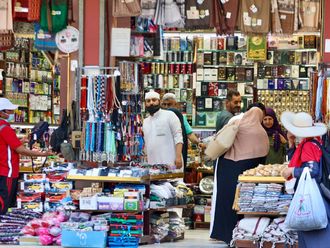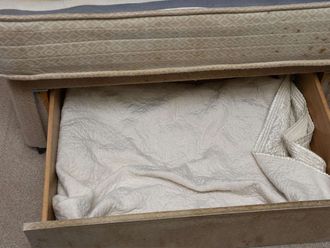Manila: Philippine officials have warned internet users against online scam artists luring victims into sending them money in exchange for supposed expensive gifts or cash sent through the mail.
Philippine Customs Commissioner Isidro Lapena said his office had received a number of complaints from Filipinos and foreigners who claimed that they had been swindled after being drawn into a long-distance relationship with someone whom they had not seen in person, or someone who had supposedly given them an expensive gift as a sign of endearment.
“If things are too good to be true, get out, that’s a trap,” Lapena said while noting that they had been receiving increasing reports of an apparent online scam.
According to the Customs Enforcement and Security Service, the scammer would initially befriend their victims through online dating sites, social media sites such as Facebook and Twitter, or through phone calls, text messages and emails.
After winning the prey’s confidence, the scam artist would then follow up and promise a parcel containing a “gift” or a huge sum of money. Receipts and tracking numbers of packages would then sent to the unsuspecting person.
After that, the scam artists would ask for money by wire to supposedly pay for duties and taxes for the package. After the money has been sent, however, the scammer disappears and ceases contact with the victim.
“They would usually use the name of the bureau and pose as customs employees who are asking money to shoulder the ‘duties and taxes’ in exchange for the release of the package,” Lapena said.
The commissioner pointed out that the customs collects customs duties and taxes through accredited agent banks and not through personal bank accounts or other money transfer services.
“The public is advised to be careful in dealing with who they interact [with] online and who they transact with. If in case a stranger texted or chatted [with] you of an unclaimed package held by BOC [Bureau of Customs], or there is money in the package, you can double check the existence of the package by reaching the Bureau of Customs Helpdesk at 705-6000 or by sending us a message at our Facebook page Bureau of Customs PH [phone],” Lapena said.
From January to September, the customs office has received 1,263 reports and inquiries about various online scams. Of those, 412 reports were made via phone calls; 159 via emails; while 692 reported similar incidents via social media.












